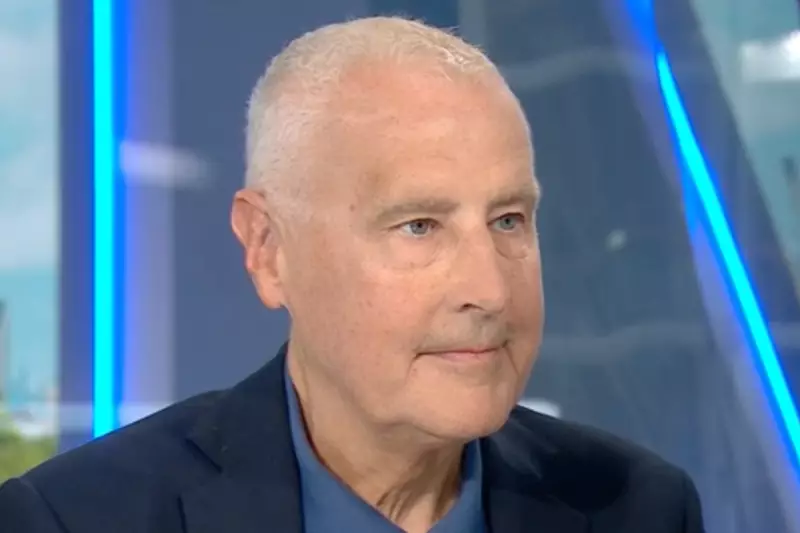
Veteran broadcaster and respected Sky News anchor Dermot Murnaghan has bravely revealed his stage four prostate cancer diagnosis in a deeply personal and moving interview. The 66-year-old journalist is now using his platform to issue an urgent call for improved screening procedures and greater awareness among men.
Murnaghan received his devastating diagnosis in 2022 after what he describes as a 'pure chance' discovery. Despite being within the key age demographic for prostate cancer risk, the presenter had no noticeable symptoms before his diagnosis, highlighting the silent nature of this disease that affects thousands of British men annually.
The 'Shocking' Diagnosis That Changed Everything
'It was a huge shock, there's no doubt about it,' Murnaghan shared. 'I had no symptoms, I felt fine. The discovery was completely accidental during tests for something else.' His experience underscores a critical issue in men's healthcare: the lack of routine screening that could catch prostate cancer in its early, more treatable stages.
A Call to Action for the NHS and Men Nationwide
Murnaghan is now campaigning passionately for the introduction of routine PSA blood tests for men over 50 within the NHS. 'The fact that we don't have a national screening program for prostate cancer like we do for breast cancer is astonishing,' he stated. 'This isn't just about me—it's about the thousands of men who might be walking around with this disease without knowing.'
His advocacy comes at a crucial time, with prostate cancer representing the most common cancer among men in the UK. Early detection dramatically improves survival rates, yet many men remain unaware of their risk or hesitate to seek testing due to stigma or lack of awareness.
Living and Working With Cancer
Despite his advanced diagnosis, Murnaghan has continued his broadcasting career while undergoing treatment. 'You have to get on with life,' he remarked, demonstrating remarkable resilience. His decision to go public with his story aims to break down taboos surrounding men's health and encourage open conversations about cancer prevention and early detection.
The journalist's courageous disclosure has already sparked renewed discussion about men's health initiatives and the potential for saving lives through earlier intervention and improved public health strategies.





